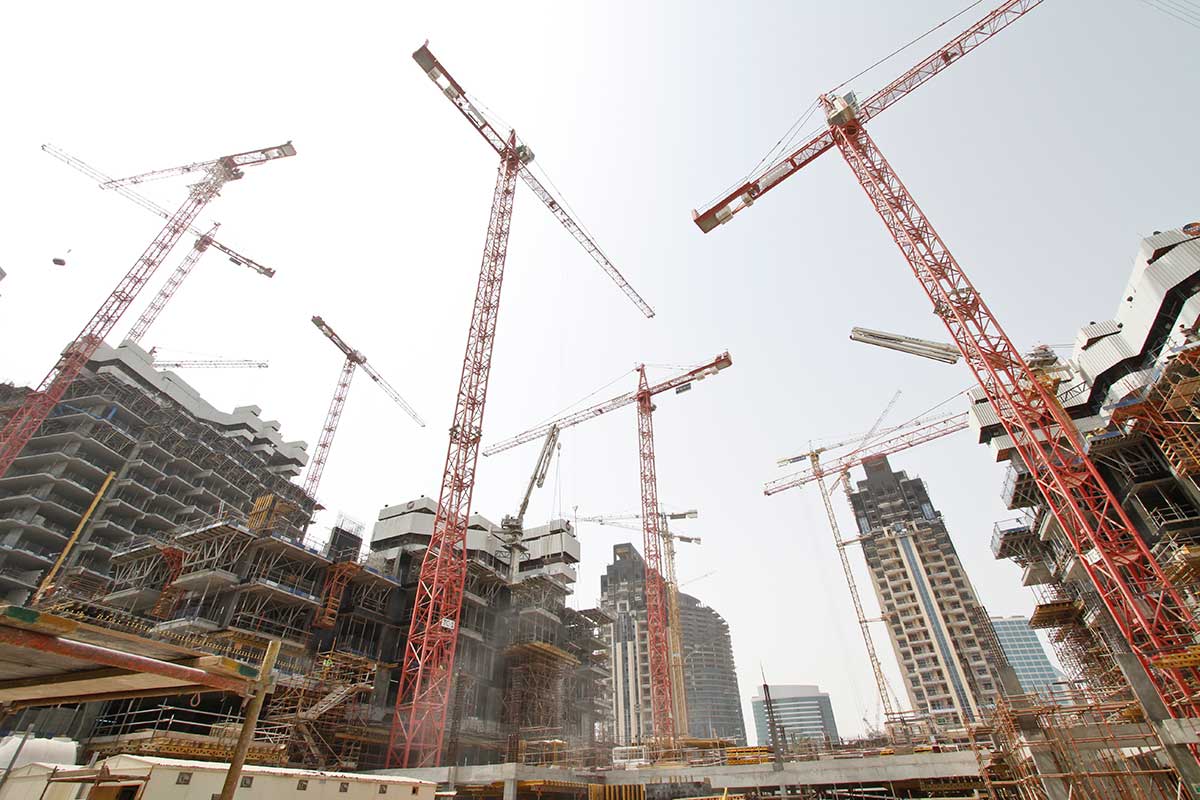The Middle East will see the flattest increase in the cost of construction globally in 2018, as the effect of recovering oil prices takes time to translate into increased investment, according to new research.
Data from global professional services firm Turner & Townsend shows that despite average construction cost inflation worldwide of 4.3 percent, Muscat will see just a one percent rise in the price of construction this year, while the UAE will see two percent.
However, these figures are marginally higher than 2017, when Muscat was one of only two markets surveyed to experience a fall in construction costs, at -1 percent.The Turner & Townsend International Construction Market Survey 2018 brings together data and experience from 46 markets worldwide. It reveals that the top five most expensive places to build are New York, San Francisco, Hong Kong, Zurich and London.The UAE at $1,455 per sq m and Muscat at $1,338 per sq m are ranked 28th and 29th worldwide. Both are some way behind the global leader, New York, where prices stand at $3,900 per sq m.The report said the Middle East region is also defying a global shortage of construction skills and labour. Almost 60 percent of markets surveyed reported a skills shortage, while the UAE was in balance and Muscat is one of only three markets to show a skills surplus.It added that the whole Middle East region stands to benefit from the stabilisation and steady increase in oil prices, but it will take time for the effects to be felt in increased investment in new real estate projects.
Turner & Townsend’s research highlights that in the UAE, construction spending has been held up by Government investment in infrastructure ahead of major global events in the coming years such as Expo 2020 Dubai and.
This up-front investment by the state is expected to drive private sector development in hotels and leisure facilities ahead of the event.In contrast, as the Omani government nears completion of a number of major projects – such as the new Muscat airport – the state’s 2018 budget for development is down 17 percent from 2017. But private sector investment may offset this reduction, with increased interest in commercial development – including hotels – and infrastructure, such as the $2.6bn railway link to transport limestone from Al Shuwaymiyah.Alan Talabani, regional managing director – Middle East at Turner & Townsend, said: “Governments across the Middle East are taking active steps to diversify their economies and move away from their reliance on oil.
“This is a long-term challenge and, for the moment, oil prices remain the most important factor influencing capital investment decisions in the region. As prices return to stable levels and the region prepares for major events such as the Expo 2020 Dubai, both governments and private investors should focus on the opportunity to drive better outcomes from their investment plans.”







